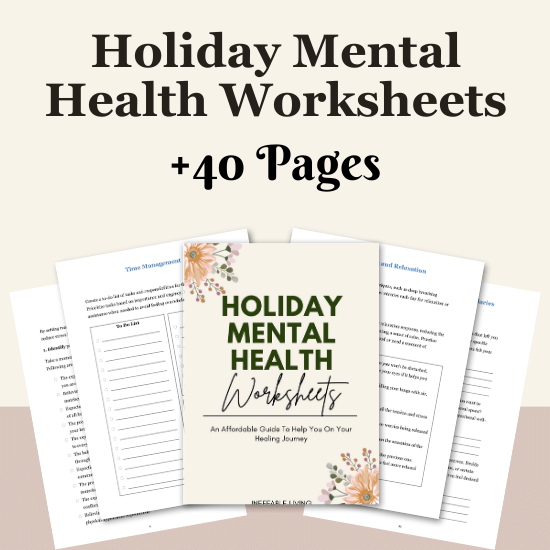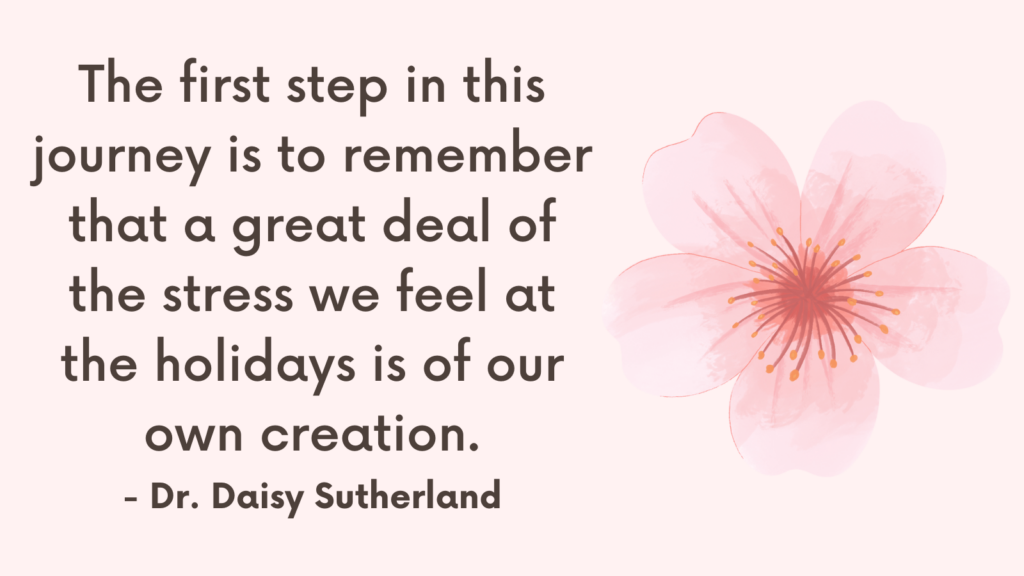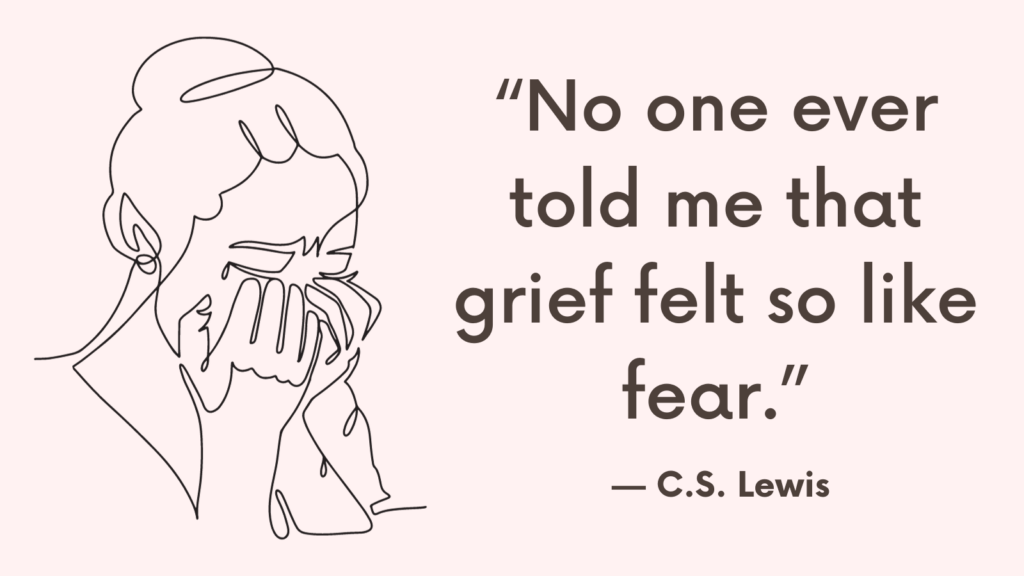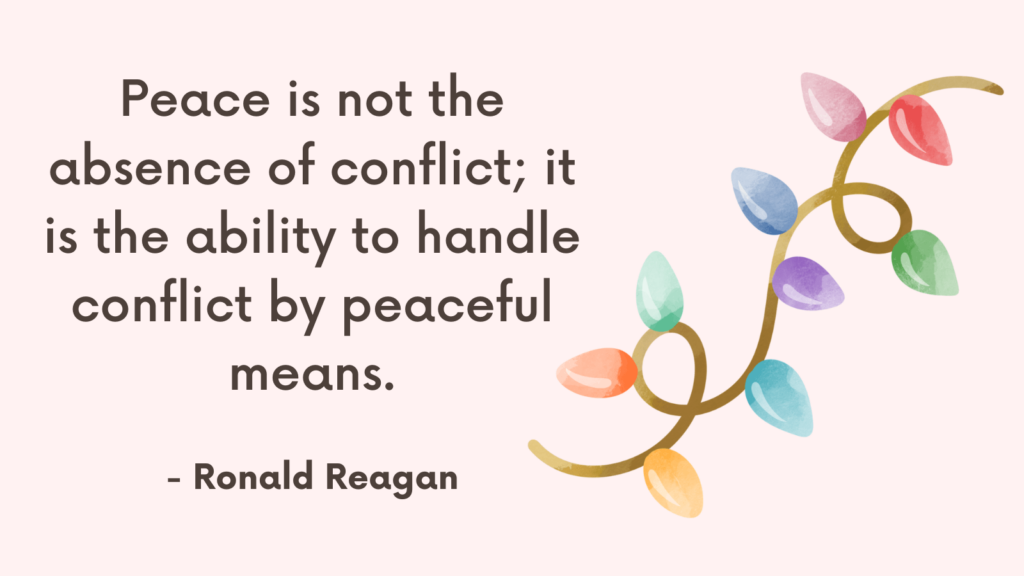After the excitement and busyness of the holiday season, many people experience a sense of letdown, commonly known as post-holiday depression.
Understanding why it happens and learning ways to manage it can help you ease into the new year feeling refreshed rather than depleted.
Why Post-Holiday Depression Happens?
1. Sudden Change in Routine: The holidays often bring a break from routine, with time off work, travel, and social gatherings. Returning to normal routines can feel jarring and anticlimactic, leading to a dip in mood.
2. Pressure and Expectations: The holiday season often brings pressure to create “perfect” experiences and memories. When the reality doesn’t match the expectations, it can leave a sense of disappointment afterward.
3. Financial Strain: Holiday spending can take a toll, leading to financial stress when bills come due or savings are depleted. This added pressure can contribute to feelings of regret or anxiety.
4. Winter and Seasonal Affective Disorder (SAD): For many, the post-holiday period aligns with the darker winter months, when decreased sunlight can affect mood and energy. SAD can worsen the emotional slump as the season shifts away from holiday festivities.
5. Social Disconnection: Holidays are often filled with social gatherings, family events, and reconnecting with friends. After the holiday season, loneliness can set in, particularly if social interactions decrease significantly.
Related: High Functioning Depression Test (+Effective 3-Step Guide To Overcome High Functioning Depression)
How to Manage Post-Holiday Depression?
1. Ease Back into Routine Gradually
After the holiday buzz, it’s tempting to jump right back into productivity. Instead, try easing into your routine to prevent burnout.
– Tip: Prioritize manageable goals and allow yourself time to adjust. Start with simple, rewarding tasks, and build up gradually as you feel more settled.
2. Set Realistic Resolutions
New Year’s resolutions can bring additional pressure, especially if they’re overly ambitious. Focus on small, achievable goals that support long-term well-being rather than drastic changes.
– Tip: Choose one or two meaningful goals and break them into small steps. This approach helps you build momentum and stay motivated without feeling overwhelmed.
Related: Top 10 Reasons You’re Feeling Unfulfilled In Life
3. Reconnect with Loved Ones
Social support is vital in maintaining mood and mental well-being. Even though the holiday gatherings have ended, make time for continued connections.
– Tip: Schedule regular check-ins with friends or family, even if they’re brief. Try planning a monthly gathering or virtual meet-up to stay connected through the winter months.
4. Engage in Activities You Enjoy
After the holidays, finding small activities that bring you joy can help maintain a sense of excitement. These don’t need to be elaborate; simply indulging in hobbies or trying something new can lift your spirits.
– Tip: Make a list of things you enjoy or want to try, and set aside time each week to engage in these activities. This provides moments to look forward to and keeps your mood lifted.
Related: Beating the Winter Slump: How to Manage SAD and Holiday Blues?
5. Prioritize Physical Health
Maintaining physical health through exercise, balanced eating, and sleep can support mental health. Movement and nutritious foods increase energy and improve mood, while sleep helps regulate emotions.
– Tip: Aim for a balanced diet and try to keep a consistent sleep schedule. Even light exercise, like a short walk or stretching, can make a difference.
6. Practice Gratitude Daily
Reflecting on what you’re grateful for can help shift focus from post-holiday emptiness to appreciation, reducing negative feelings.
– Tip: Write down three things you’re grateful for each day. This habit can boost your mood, helping you cultivate a more positive outlook as you settle into the new year.
Related: Top 10 Exercises to Cultivate an Attitude of Gratitude
7. Embrace Winter Activities
The winter season doesn’t have to feel empty after the holidays. Embracing winter activities or creating seasonal traditions can provide enjoyment and combat the winter blues.
– Tip: Try seasonal activities like winter hikes, reading by the fire, or cooking comforting meals. Embracing winter helps you appreciate the season rather than just enduring it.
8. Plan a Future Event to Look Forward To
Having something to look forward to can counter the sense of finality that follows the holidays. This doesn’t need to be elaborate—just something that breaks up the routine and brings anticipation.
– Tip: Plan a simple event, like a weekend trip, a gathering with friends, or a new hobby project. The excitement of having plans on the horizon can help lift your mood.
Related: What To Do On Thanksgiving Without Family: Top 8 Tips

Conclusion
Post-holiday depression is common, but it doesn’t have to define the start of your year.
By acknowledging why it happens and using practical strategies to manage it, you can ease back into routine, reconnect with joy, and approach the new year with a sense of balance and purpose.
Remember, it’s okay to take time to adjust and prioritize self-care as you settle back into daily life.



